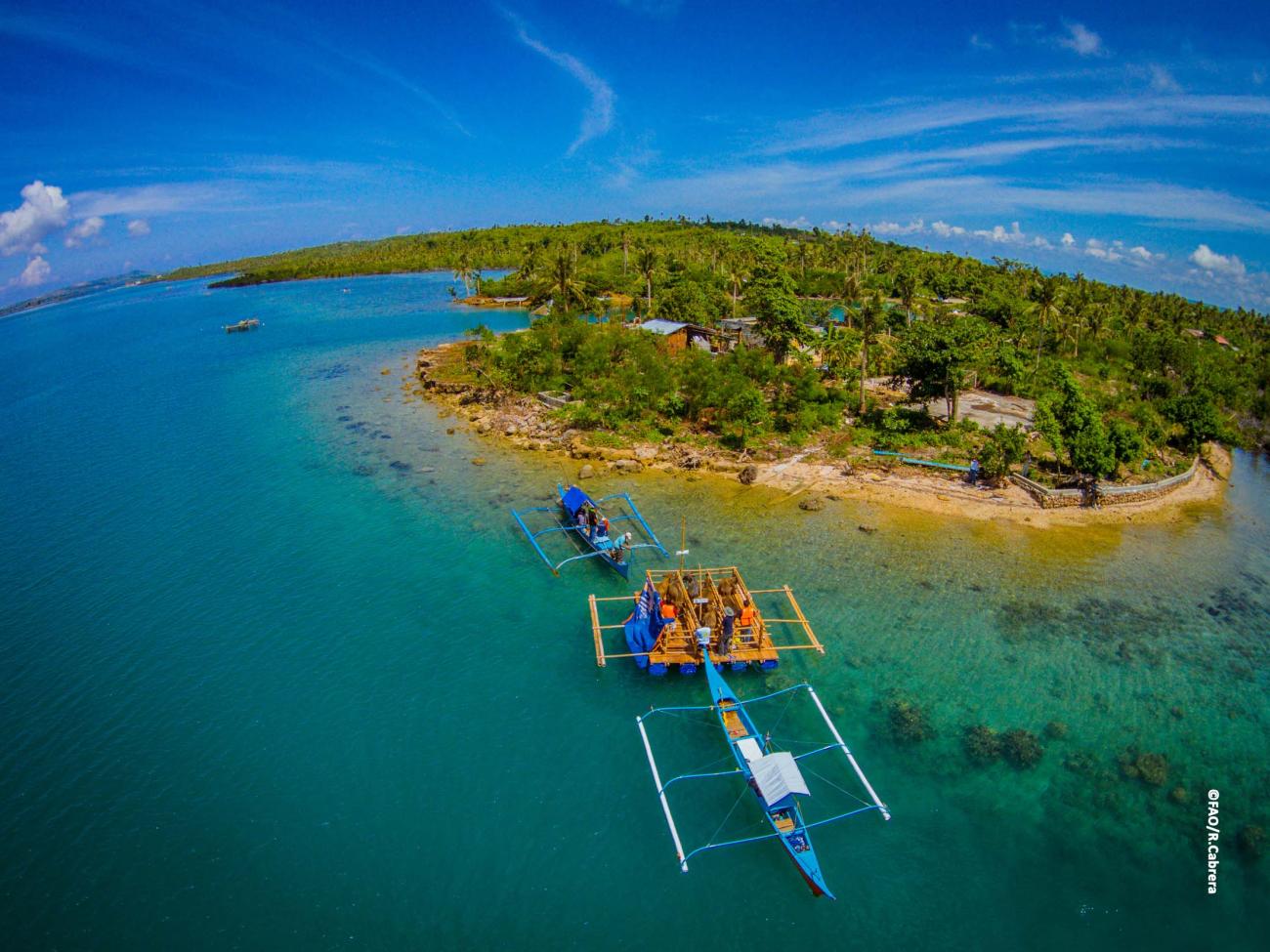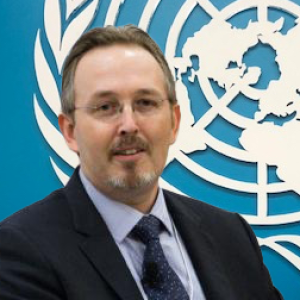UN Environment Programme Regional Development Coordinator, Jonathan Gilman, has issued the following message for this year's World Environment Day. Watch the video message.
World Environment Day on the 5th of June is the largest global platform for environmental public outreach and is celebrated by millions of people across the world. This year’s theme, ecosystem restoration, under the slogan, "Reimagine, recreate, restore," aims to connect thousands of initiatives on the ground and celebrate political action for the protection and restoration of ecosystems. It’s also very welcome that in the Philippines the whole month of June is observed as Environment Month.
I know that last year there were many very productive and innovative events in the Philippines during the environment month, including a Sing for the Earth jam session, an environmental hero comic design contest and a government-organized online greenviro games such as crossword puzzles, word search and bingo, and I’m sure this year’s World Environment Month will be equally imaginative.
This year’s theme is particularly important for the Philippines as you are one of the 18 mega-diverse countries in the world. These mega-diverse countries contain two-thirds of the world’s biodiversity and between 70 and 80 percent of the world’s plant and animal species. The Philippines ranks fifth in the number of plant species and maintains five percent of the world’s total flora.
The Philippines is also one of the world’s biodiversity hotspots, with 700 threatened species. Thus, you’re one of the top global ecosystem and biodiversity restoration areas. Restoring ecosystems in the Philippines means protecting your biodiversity and using ecosystems on land and sea in ways that strengthen the natural resources and processes while delivering benefits to people and nature.
Restoring ecosystems also means working with partners in the region and globally and in this regard UNEP welcomes the leadership shown by the Philippines not least in supporting and hosting the ASEAN Center for Biodiversity.
On our side, the UN System in the Philippines is working through our Socioeconomic and Peacebuilding Framework for COVID-19 recovery, which was launched last year and runs to the end of 2023.
This framework includes supporting the government in addressing systemic barriers to ending deforestation and degradation of natural habitats, including key biodiversity areas. Recent work by the UN for example includes supporting the establishment of protected areas of 959000 hectares. We have been piloting seven models of community-managed protected areas, engaging with 39 civil society organizations. The UN has also supported the mainstreaming of agro-biodiversity considerations into legal frameworks and has expanded dynamic conservation practices for the agricultural sector.
We also work with the Bureau of Fisheries and Aquatic Resources on climate change adaptation measures in fisheries and aquaculture with specific support to the sardines and small fisheries management planning as well as on coastal and marine ecosystems restoration.
I’d like to end by briefly highlighting that the Philippines, together with the other UN member states in the UN General Assembly, has designated the years 2020 to 2030 as the Decade of Ecosystem Restoration. The goal of the UN Decade is to prevent, stop, and reverse the continued degradation and loss of ecosystems. Restoring ecosystems and reviving hundreds of millions of hectares globally is a daunting task—too big for any one organization to carry.
The UN Decade will therefore create structures and systems allowing everyone, especially local communities, indigenous groups, the youth and women to make a meaningful contribution to restoration.
We very much welcome and look forward to the participation of the government, civil society and people of the Philippines in this Decade of Action.
Thank you for listening.








